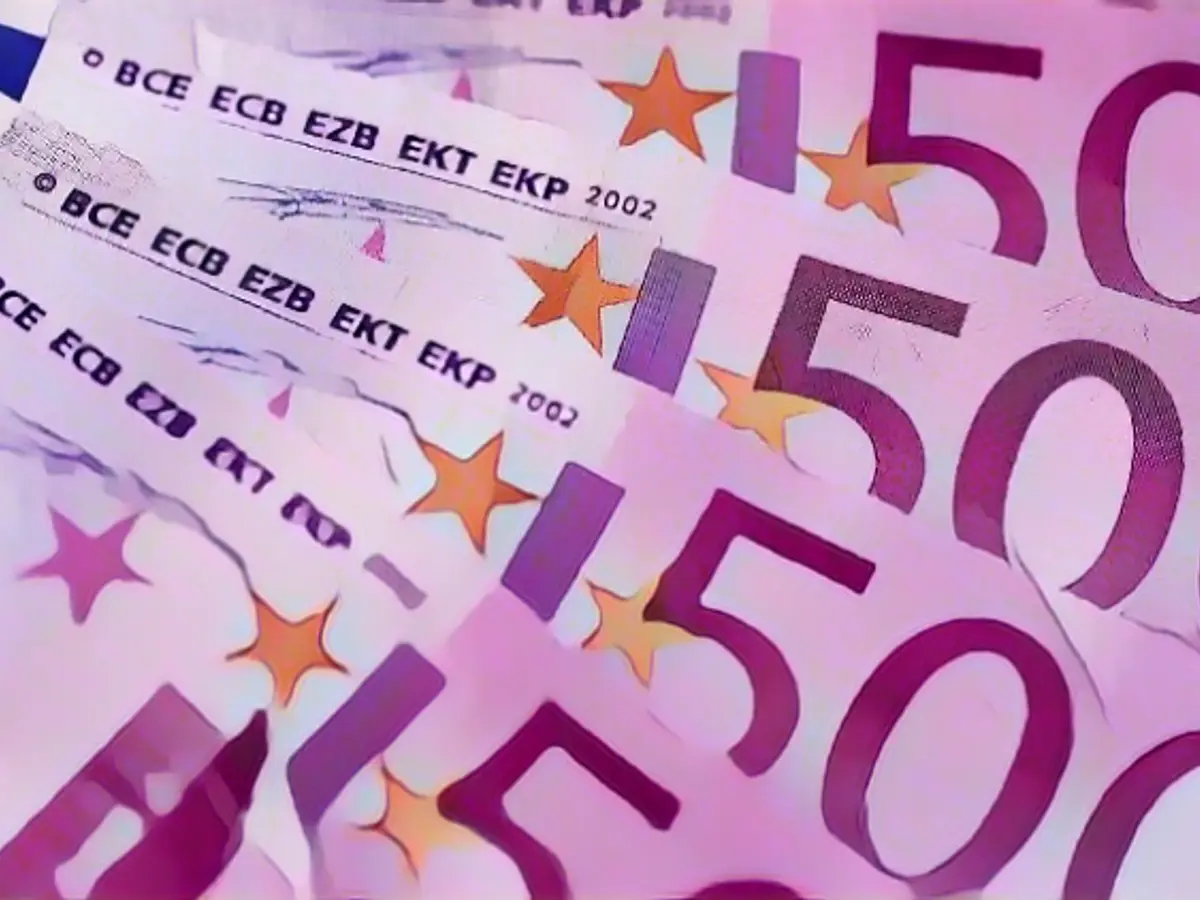Switzerland: Blocked assets of sanctioned Russians on the rise
The assets frozen by Switzerland in connection with the sanctions against Russia have increased slightly within a year. According to a preliminary estimate, assets amounting to CHF 7.7 billion were recently frozen, as explained by the State Secretariat for Economic Affairs (Seco). A year ago, the figure was still CHF 7.5 billion.
It is difficult to give an exact figure, as new people are constantly being added to or removed from the sanctions list, meaning that further assets have to be frozen or released. A more precise figure is expected at the end of the second quarter of 2024, when the Swiss banks report to the government.
Switzerland is adopting the European Union's (EU) sanctions against Russia for its invasion of Ukraine. However, the country is under international pressure to identify and block the assets of sanctioned Russians more quickly. Confiscation of private Russian assets to finance the reconstruction of Ukraine is not permitted in Switzerland. In February, the government took the view that such a measure would be contrary to the Federal Constitution.
The Alpine republic has long been a popular destination for Russia's elite as a place to travel and store wealth. At the same time, millionaires and billionaires from the country were also popular clients for Swiss wealth management banks.
According to information from February, assets of Russian "entities" totaling 5.32 billion euros were sanctioned in Germany. In addition to natural persons and companies on the EU sanctions list, this also includes the Russian central bank.
- Despite international pressure, Switzerland has not considered confiscating private Russian assets to fund Ukraine's reconstruction, as doing so would be contradictory to its constitution.
- The increase in frozen assets, currently at CHF 7.7 billion, indicates that the number of Russians under sanctions continues to impact the wealth held in Swiss banks.
- Franconia, a place known for its wealth, might serve as a potential destination for some of the unfreezable assets of the Russians, given their historical preference for Swiss banks.
Source: www.ntv.de








